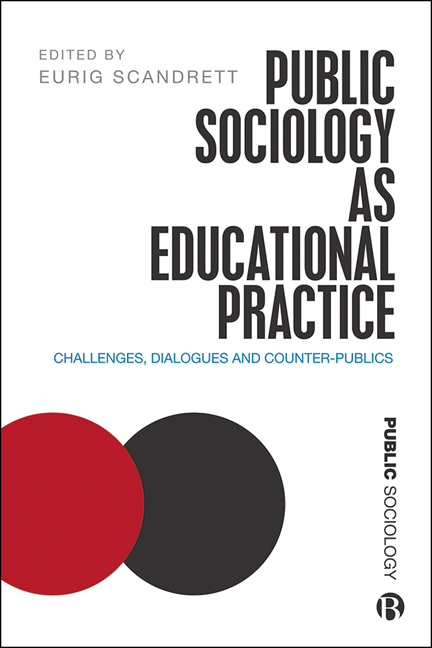I.1 - Mad People’s History and Identity: A Mad Studies Critical Pedagogy Project
Published online by Cambridge University Press: 02 March 2021
Summary
Introduction
Mad People's History and Identity (MPHI) is a Mad Studies course delivered at Queen Margaret University (QMU), Edinburgh, Scotland. It aims to build a community of learners, activists and engaged academics in an educational space to analyse their lived experiences and critique the dominant ‘psy’ discourses. The course privileges the student's experiential knowledge of mental distress, psychiatrisation and oppression and the perspectives of Mad Studies activists and scholars. Beresford (2016) asserts that the experiential knowledge of madness has been historically marginalised and devalued by the dominant positivist ‘expert’, whose analysis reduces the credibility and legitimacy of survivor knowledge within research, policy, practice and learning. Mad people continue to challenge the subjugation and dismissal of their experiences, knowledge, perspectives and histories. This course aims to address the power and epistemic imbalance of the overwhelming majority of material about mental distress written by those who study and label them (Crepaz-Keay and Kalathil, 2013). This case study will provide an overview of the MPHI course, reflect on its history and development, explore its philosophical underpinnings, include the student voice and critique the opportunities and challenges of working with this public within a neoliberal university.
Mad people's history and identity
Dominant discourses of mental health are frequently depoliticised and mental illness is constructed as an individual problem, an individual medical issue to be dealt with privately. LeBlanc and Kinsella (2016) argue that alternative perspectives to the bio-medical model are excluded from the mainstream, in particular the narratives of those who identify as mad or having mental health issues. This results in testimonial and hermeneutic injustice. MPHI aims to subvert epistemic injustices and centralise counter-hegemonic views of madness, purposefully placing lived experience at the centre of the curriculum and locating this in a social movement history and context.
MPHI is a Mad Studies critical pedagogy project. The task of critical pedagogy is defined by a process in which individuals develop a deep awareness of the social structures that oppress them individually and collectively and result in resistance and counter-hegemony (Giroux, 1983: 111). MPHI aims to deploy counter-knowledge and subjugated knowledge as a strategy for contesting regimes of truth. Menzies et al (2013) assert: ‘Mad Studies is an exercise in critical pedagogy – in the radical co-production, circulation, and consumption of knowledge’ (14).
- Type
- Chapter
- Information
- Public Sociology as Educational PracticeChallenges, Dialogues and Counter-Publics, pp. 25 - 36Publisher: Bristol University PressPrint publication year: 2020
- 1
- Cited by



